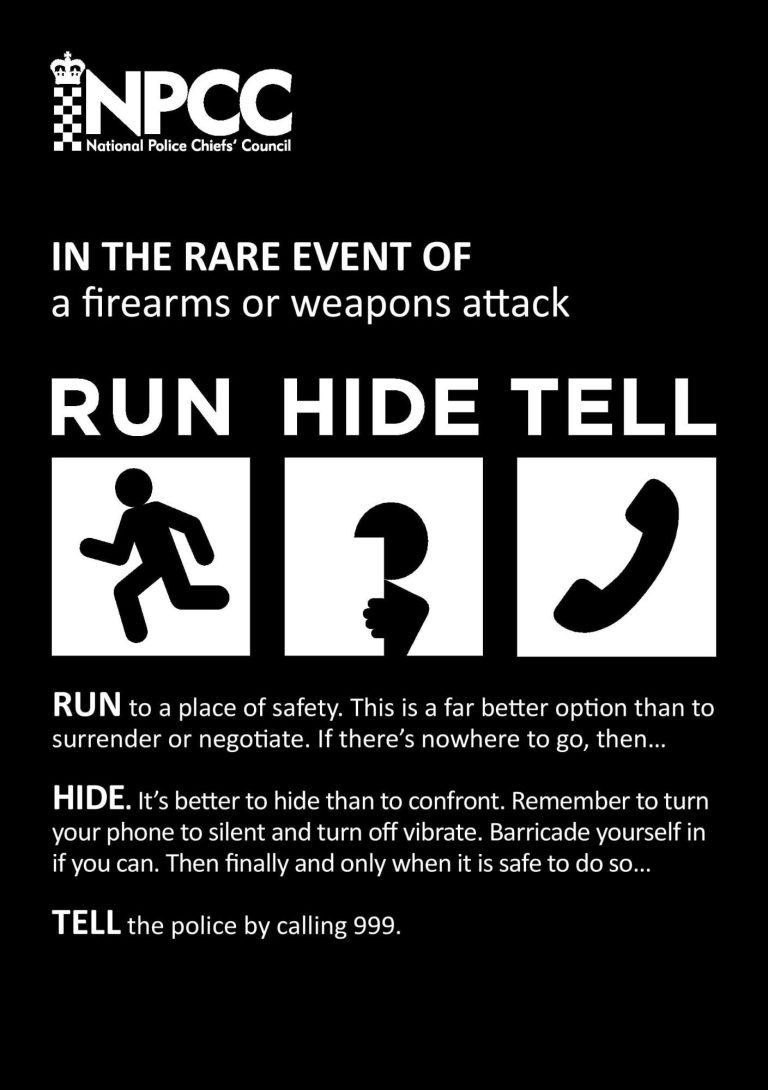
Recommendations:
The legislation emphasizes better protection through:
- Enhanced security systems
- Staff training
- Clearer processes for handling emergencies.
Qualifying premises
Premises which undertake qualifying activities will be subject to the requirements of the Bill – the Bill defines these qualifying premises and includes activities such as entertainment, leisure, and retail.
Qualifying premises are separated into two tiers, with particular requirements applying to premises in each tier.
Standard duty premises are premises with a capacity of 100 to 799, whereas enhanced duty premises have a capacity of 800 or over.
Under the law, standard tier sites (with a maximum capacity of 100 to 799) must complete an evaluation template. This ensures they are better prepared to respond swiftly to terrorist attacks and save lives.
The evaluation covers
- Threat assessment specific to the premises
- Information and training needs
- Roles and responsibilities during an attack
Terrorism Threat Evaluation and Risk Assessment
Enhanced duty premises and qualifying events requirements.
Persons responsible for enhanced duty premises and qualifying events will be required to ensure that:
- an enhanced terrorism risk assessment is completed (enhanced duty premises must ensure the terrorism risk assessment is reviewed);
- terrorism protection training is provided to relevant workers;
- reasonably practicable security measures are put in place;
- a security plan is kept and maintained; and
- that an individual is appointed as the designated senior officer for the premises (who will be responsible for coordinating completion of the terrorism risk assessment, for example
Remember that this legislation is a crucial step toward safeguarding public spaces and enhancing our collective security.
Martins Law
Martyn’s Law, also known as the Terrorism (Protection of Premises) draft bill, aims to enhance safety and security at public venues, reducing the risk of terrorist attacks.
Purpose
Martyn’s Law requires those responsible for certain venues to assess the threat from terrorism and implement appropriate mitigation measures. The goal is to ensure that people are prepared, ready to respond, and aware of what to do in case of an attack
Background
Martyn’s Law is a response to the Manchester Arena Inquiry, which recommended introducing legislation to improve safety and security at public venues.
©Copyright. All rights reserved.
We need your consent to load the translations
We use a third-party service to translate the website content that may collect data about your activity. Please review the details in the privacy policy and accept the service to view the translations.
